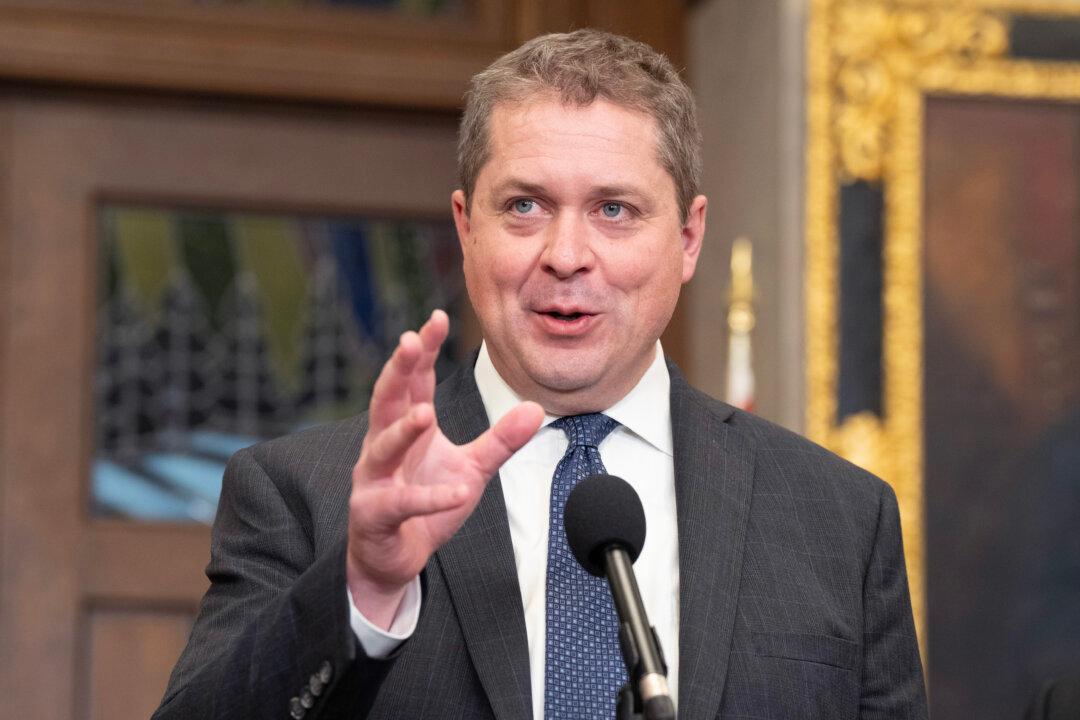As the federal public service workers’ strike reaches its sixth day, the union representing the workers said on April 24 that it will move its picket lines to “strategic locations” in order to cause greater disruption to the federal government.
“This government seems content to prolong this strike and its impact on Canadians by dragging out negotiations. Our members are frustrated by the government’s lack of progress at the table this weekend, and that’s why we may need to escalate our actions,” Chris Aylward, national president of the Public Service Alliance of Canada (PSAC) said in a press release.





